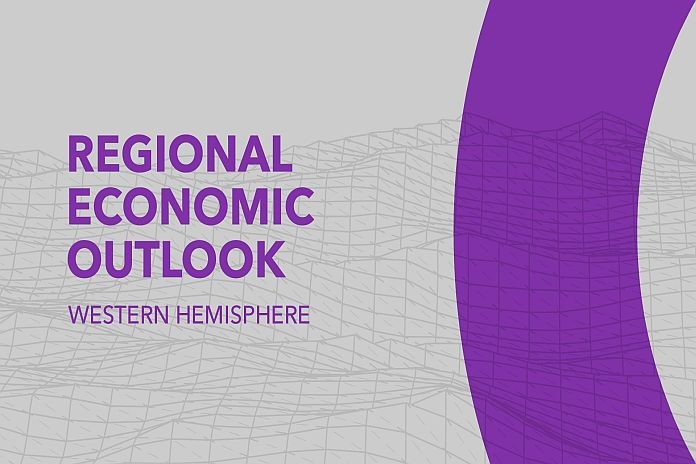SANTIAGO, Chile – Recent developments in Latin America and the Caribbean have been dominated by the impact of two distinct global shocks: the COVID-19 pandemic and the Russian invasion of Ukraine. A third shock, tightening global financial conditions is now shaping the outlook for the region, the International Monetary Fund (IMF) said in its latest Regional Economic Outlook for the Western Hemisphere .
After contracting sharply in 2020, most of the economies in Latin America and the Caribbean recovered strongly in 2021 and early 2022, helped by the global recovery, the normalization of service sectors, and favourable external conditions, including high commodity prices. Strong momentum early in the year led to an upward revision of growth to 3.5 percent for 2022 – half percentage point higher than projected in July.
However, inflation pressures built up and became broad-based throughout the region. In Brazil, Chile, Colombia, Mexico and Peru inflation recently reached a two-decade high of 10 percent. The swift response of the region’s monetary authorities raising interest rates well ahead of other economies helped contain price pressures and keep long-term inflation expectations anchored.
However, inflation remains high and is expected to recede only gradually.
Amid global monetary and financial tightening, and the ensuing slowdown in global growth and softening of commodity prices, growth in the region is poised to decelerate to 1.7 percent in 2023 or 0.3 percentage points lower than forecasted in July.
Downside risks dominate the outlook and stem from tighter financial conditions, a more pronounced global slowdown, and entrenched inflation. A sharp fall in commodity prices and social unrest are also important risks for the region.
With inflation yet to abate and most economies still operating at or near potential, monetary policy should avoid easing prematurely and must stay the course. Having to restore price stability later if inflation becomes entrenched would be very costly.
Fiscal support deployed to mitigate the impact of inflation on the most vulnerable should be accompanied by compensating measures, where fiscal space does not exist, but also to support monetary authorities’ efforts to tame inflation. With weak public finances in many countries and rising financing costs, strengthening fiscal frameworks with particular emphasis on inclusive policies, including those that aim to protect vulnerable households, will be key to credibly put public debt on a downward path while ensuring social stability.
Achieving these policy objectives will also require boosting medium-term growth, by raising productivity and good-quality public and private investment. Policies should focus on strengthening human capital, simplifying and modernizing labor regulations, and lifting barriers to firm entry and exit.






